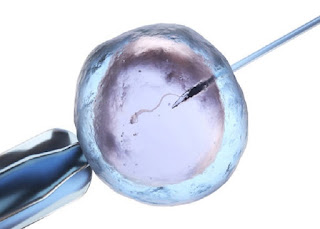Egg Donor (ED): What do all these options mean?
For most women with poor ovarian reserve, accepting the diagnosis and using an egg donor is a difficult decision. It takes a few months to decide what type of egg donation is better suited for each couple. Each option has advantages and disadvantages that we have summarized below to guide your during your selection process.
| Known ED | Frozen Donor Eggs | Fresh Anonymous ED |
|---|---|---|
| Someone known or relativeLess costlyTested for genetics*Tested for infections | AnonymousAdult pictures availableEgg BanksTested for genetics*Tested for infectionsCost sharing; couples share the eggs from that ED cycle. | AnonymousAdult pictures availableED AgencyTested for genetics*Tested for infectionsNo cost sharing; more expensive |
| Donor undergoes IVF with CREAll eggs fertilized with husband’s spermYou carry the baby | IVF is already done, may be faster.Typically only 6 eggsBecause 1/3 eggs are normal, may not be ideal for > 1 child.A transfer with 1 good blastocyst guaranteed. | Donor undergoes IVF with CREAll eggs are yoursBetter if more than one child wantedExtra embryos frozen in case does not work on 1rst transfer. |
* Genetic testing refers to taking blood from the ED and testing for any genetic conditions she may be carrying. Embryos made with young egg donors do not require and may do better without embryo genetic testing.




Comments
Post a Comment